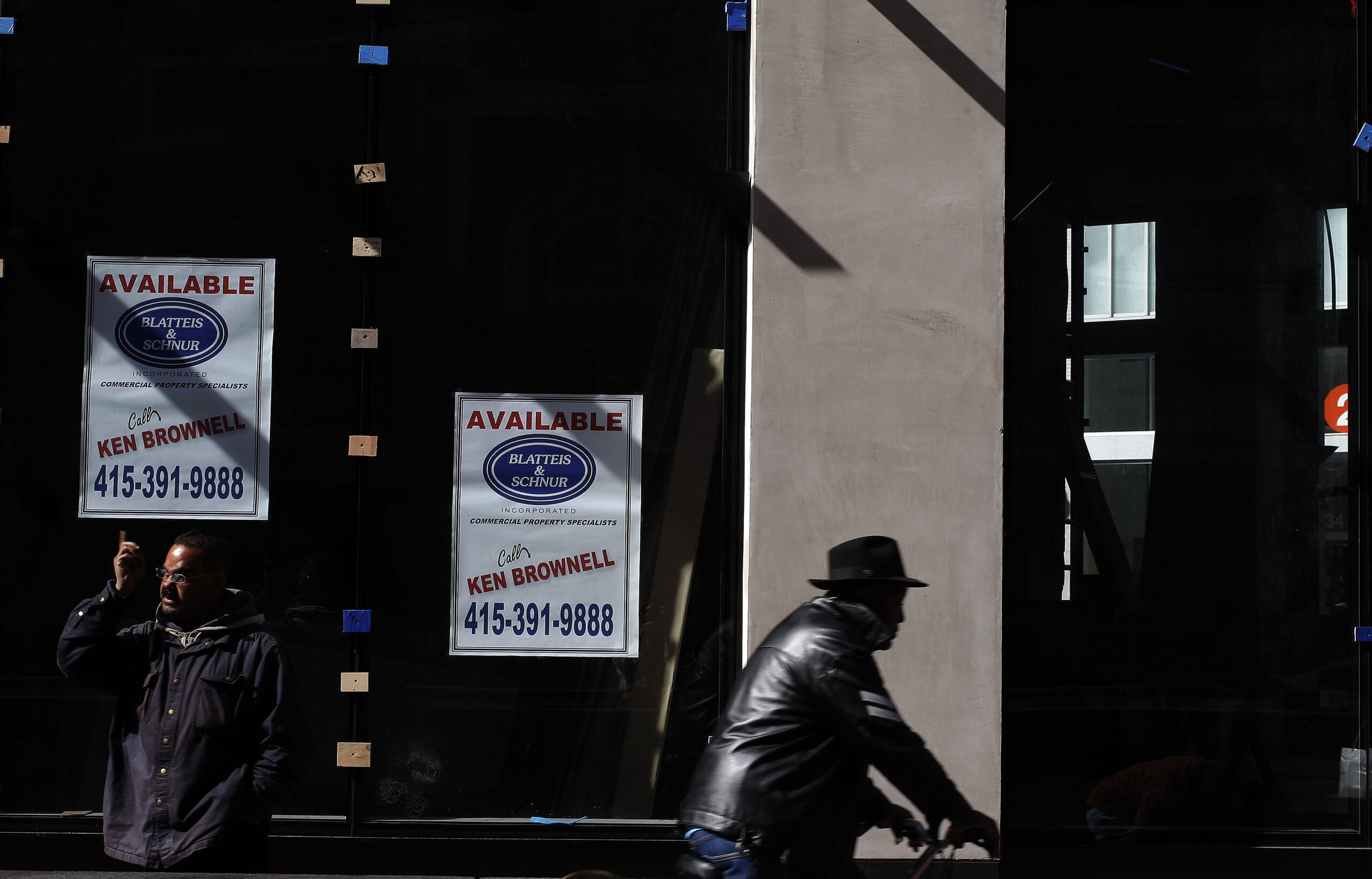Relaxed permitting rules have made it easier to open a storefront in San Francisco, but data shows that the city’s small-business sector isn’t exactly seeing a renaissance.
Proposition H, a ballot measure that took effect late last year, saved time and money for some proprietors who opened new businesses this year. But the law doesn’t apply to much of the city, a limitation that city officials say has to be addressed.
“I do want to say that Prop H does save time for businesses…but only for businesses that are able to open where Prop H applies,” said Regina Dick-Endrizzi, executive director of the San Francisco Office of Small Business (OSB), at a Board of Supervisors hearing.
Proposition H, approved by voters in November 2020, sought to reform the city’s onerous permitting process by mandating 30-day approvals for “principally permitted” businesses—in other words, businesses already allowed under existing neighborhood zoning. It also required the Planning Department to create a single portal where businesses can seek permits, a process that can otherwise involve up to seven different city departments and impose costly delays.
The reforms aimed to shore up a small business sector that was badly battered by the pandemic. In June, the San Francisco Chamber of Commerce estimated that close to 50% of small businesses in the city remained closed.
San Francisco small business owners are also more pessimistic about their prospects compared to their counterparts in other cities: According to the U.S. Census Small Business Pulse survey, proprietors in San Francisco expect a longer recovery time relative to the national average. That and other findings were published by the Controller’s Office in an August 2021 report, which also warned that low tourism and office attendance remain a drag on the city’s economic recovery.
“We are still trailing in terms of small business recovery and still have a tremendous amount of work to do…it’s important that the city and its employees remember it’s going to take many years for small businesses to recover,” said Sharky Laguana, president of the Small Business Commission. “San Francisco has historically taken a lackadaisical or at times hostile approach to small business, and we need to pivot.”
At Thursday’s hearing, the Planning Department reported that about 150 businesses had taken advantage of its new online portal since the proposition took effect in December 2020. All of those who applied through the portal were approved within 30 days, said Bridget Hicks, a senior planner at the Planning Department. Some opted to submit applications in person, and were generally approved the same-day.
“[Businesses] are now getting information from the city rather than several different disparate agencies,” said Hicks.
Dick-Endrizzi and others who spoke on Thursday pointed out that Proposition H applies only on neighborhood commercial strips and excludes the hard-hit Financial District, which saw the most business closures of any neighborhood during the pandemic.
Fewer than 600 new businesses were registered in San Francisco in July, compared to a monthly average of 1200 prior to March 2020. Still, there were some signs of new entrepreneurial life: 38% of the roughly 1400 owners who requested services between January 2021 and May 2021 were new proprietors, compared to just 18% in the preceding nine months, according to city data.
Mayor London Breed sought to further liberalize small business permitting in July with a proposal called the Small Business Recovery Act. The Board of Supervisors approved an amended version of that ordinance, which expedites permits for ground-floor retail storefronts and allows businesses to more easily occupy a space once occupied by a similar business, among other changes. The board removed other provisions, such as faster turnaround times for nightlife businesses and formula retail.
Laurel Arvanitidis, a director at the Office of Economic and Workforce Development (OEWD), recommended that policymakers strip down neighborhood notice requirements—which can trigger lengthier reviews of new businesses—and to ease restrictions that affect areas of the city such as downtown.
“Through the portal, we were able to identify who isn’t getting into the pipeline and where we need to do more work,” added Arvanitidis.
